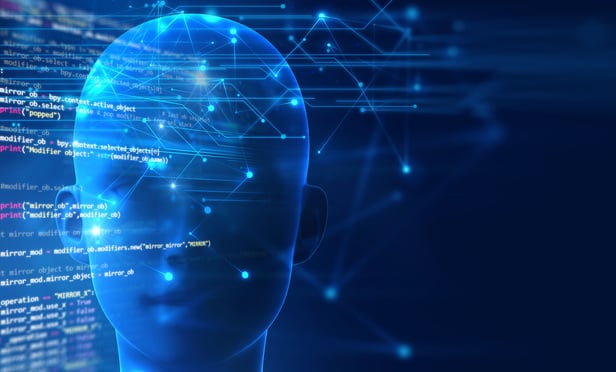Lawyers today can be forgiven for thinking artificial intelligence (AI) is taking over their industry. From AI contract review squeezing the demand for outside counsel to governments calling for laws to regulate and limit how AI is deployed, there is much to fuel this apprehension. Not to mention that oftentimes, it seems that the capabilities of AI are limitless. While AI solutions such as ROSS market themselves as an ” artificially intelligent attorney,” others are popping up that are capable of predicting the outcome of trial cases with up to an 80 percent accuracy.
But what is commonly missing from the conversation over AI is the context of how it compares and contrasts to human intelligence. While overlapping in some regards, the two intelligences hold vastly different and unique strengths which, for the time being, cannot be matched by one another.



